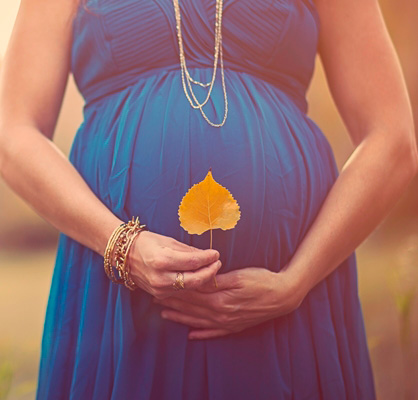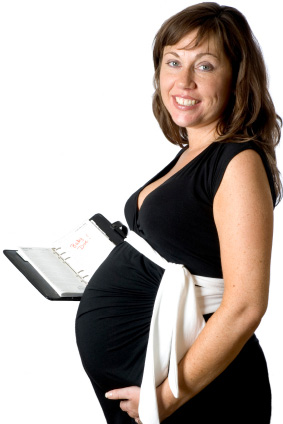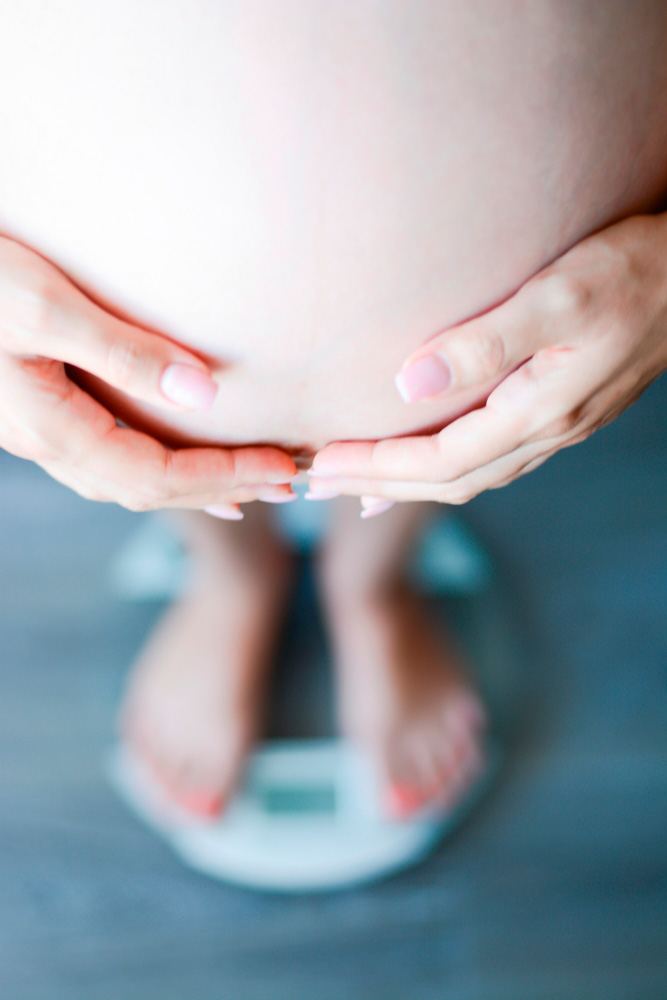Your Pregnancy Journey
Step 1: Planning your pregnancy
Your pregnancy journey starts before you are pregnant, when you decide to have a baby. I suggest you endeavour to be in optimal health before you conceive. This included being reasonable fit, having a nutritious and well balanced diet and not being overweight. You can check your BMI (Body Mass Index) at https://www.healthdirect.gov.au/bmi-calculator. There is more information about being overweight in pregnancy on my website at here.
Being in optimal health will increase your chances of conceiving sooner and having an uncomplicated pregnancy and delivery. As well there is increasing evidence that your physical and emotional wellbeing can have a profound impact on the physical and emotional wellbeing of your baby. You have any pre-pregnancy health issues then it is very important that you should have optimal management before conceiving.
Contact your doctor before conceiving so your management, medications, etc. can be reviewed and refined with consideration of pregnancy. It is good idea even if you don’t have any past health concerns to see your GP for a pregnancy planning visit so your general health, pap smear, vaccinations, etc. record can be checked and brought up to date and issues addressed as necessary.

More Information
Step 2: You are pregnant!
Congratulations! That is such exciting news!. For so many the question is what do I do now?
Make an appointment to see me: I suggest you phone my office and make an appointment for your first antenatal (pregnancy) visit. When should I see you?

At 8 weeks pregnancy if you don’t have any past medical or pregnancy history that could impact this pregnancy. The reasons for being seen at 8 weeks are:
- Baby is sufficiently grown so I we can get good ultrasound imaging of your baby.
- At 10 weeks pregnancy you can have very accurate checking of your baby for Down syndrome (Trisomy 21) and the other more common chromosomal disorders using the relatively new non-invasive pregnant test. If I see you are 8 weeks there is ample time to make an appointment for this screening at 10 weeks. There is more information on the NIPT test and other Down syndrome screening options on my web site at Down syndrome screening.
- You can accurately find out the sex of your baby (if you want) with the NIPT screening. That means you will know if it is a boy or girl baby before you are 12 weeks pregnant.
Sooner than 8 weeks if you have past medical or pregnancy history that could impact this pregnancy.
For some patients I suggest they see me as soon as possible after they know they are pregnant, which may be before they have even missed a period. That has been discussed at a previous visit and is because of their past history of miscarriages and that I want to take all seep possible to optimise their chances of this pregnancy being successful.
And if you don’t know how far pregnant you are
Often your GP will arrange a dating scan. A dating scan is not essential. I will do an ultrasound scan of your baby at your first visit. So if you don’t know how far pregnant you are then phone and make an appointment. We can sort out the dates when I see you.
Step 3: Arrange for your GP to give you a referral for my care of your pregnancy
This is a Medicare requirement. You must have a current Medicare referral if you want to make a claim through Medicare. If you are not making a claim trough Medicare then you don’t need a referral. Sometimes your GP will want to do lots of tests and arrange and early pregnancy ultrasound scan. That’s ok. Please bring all results and reports to you first visit with me. Sometimes your GP will simply give you a referral and not arrange any tests or an early pregnancy ultrasound scan. That’s ok. At your first visit with me I will ultrasound scan your baby (no out of pocket expense for this) and check your baby’s size and wellbeing.
I will give you a referral for routine pregnancy pathology tests. Often when a GP arranges tests there are some that are needed that have not been requested and some that are done that are not needed for your pregnancy management. A list of the routine pregnancy tests is on my website at First Antenatal Visit.

Step 4: When to tell others

Some pregnant women are so excited they want to tell everyone as soon as the pregnancy test result is positive. The only concern with this is they will have to untell everyone if the pregnancy doesn’t work out. A better idea is to share the good news with immediate family now. After all you will tell them anyway if the pregnancy doesn’t work out.
There may be a few good friends you will include in that inner circle. As for others you know – they wait until you are confident the pregnancy is likely to continue. It used to be pregnant women waited until after the nuchal translucency scan (NTS). But as this is done less frequently it is usual to wait until after the non-invasive pregnant test (NIPT) result is back. A good NIPT result and a good scan (in my office) mean it is very likely the pregnancy will continue. And then you have the rest of the world. Well tell them when they ask you.
That can be interesting as initially you not necessarily looking pregnant and people will often be reluctant to ask in case you are not pregnant and have put on little weight. A certain give-away to being pregnant will be if you stop having coffee or alcohol or change your diet. That is an immediate signal to a girlfriend that you are pregnant and invites that question. So be ready for it, especially if you don’t want that girlfriend to know just yet.
Step 5: If you have any concerns between finding out and your first appointment
Phone the office immediately and we will fit in an earlier appointment as needed. If you have vaginal bleeding then please let us know ASAP so I can see you and make sure with an ultrasound scan that baby is ok.
Pregnancy is a time of change and it is normal to experience body changes which are simply symptoms of early pregnancy. The commonest symptoms are nausea (and vomiting) and tiredness. Other common symptoms include pelvic heaviness and discomfort (like you are about to have a period), backache, breast discomfort and increase in breast size and breast changes (such as nipples may begin to enlarge, veins over surface of breast become more prominent and skin around your nipples may get darker), skin changes such as acne, stretch marks and skin blemishes, increased vaginal discharge and often thrush, headaches and frequent urination. These symptoms are normal. They may be worst in pregnancies subsequent to the first ongoing pregnancy.
Some women have no symptoms. All they know is they are overdue for a period and have positive pregnancy test. This is normal.
Some women have lots of symptoms with one pregnancy and none with the next or visa versa. This is normal.
Some women are concerned that if they have no symptoms or loss of symptoms the baby is not well. This is usually not the case. If worried your baby’s wellbeing can easily be checked by ultrasound scan. On the other hand vaginal bleeding is a concern and your baby’s wellbeing should be checked by ultrasound scan.

Step 6: Diet and exercise

Diet
It is recommended you have a good well balanced diet. Most pregnant women take a pregnancy supplement. That is ok, but the only components that are medically agreed as very important in pregnancy are folic acid and possibly Omega 3. Other vitamins or minerals are relevant if you have a deficiency of a particular vitamin or mineral. While iron is important I have had to prescribe iron supplement to many pregnant women who have become iron deficient (when checked at 28 weeks pregnancy) despite taking supplements that contain iron. If you have excessive nausea and vomiting then you should stop taking supplements while unwell as they can make the nausea worse. Also restrict your diet to what you find palatable. Don’t worry about nutrition. You have enough reserve so baby won’t starve.
More Information

Exercise
There are two types of pregnant women – those who are actively involved in sport and exercise when they conceive and those who are not.
- If you are actively involved in sport and exercise then continue as long is your sport or exercise is not considered dangerous in pregnancy and so more likely to result in personal (and baby) injury. When you stop is up to you, as long as there are no complications of pregnancy that necessitate you to limit your activity.
- If you are not actively involved in sport and exercise when you conceive then don’t start because you are pregnant. Rather staying active with brisk regular walking. But don’t take out a gym membership because you are pregnant
More Information
Step 7: Your first antenatal visit.
This is covered on my website at:
/pregnancy-care/first-antenatal-visit/

RECENT ‘PREGNANCY JOURNEY’ ARTICLES:
Dad During The Pregnancy – What Is Your Role?
What is my role in the pregnancy? You are a very important person! During pregnancy the mother of your baby is likely to be more tired,...
Preparing for pregnancy
Below are some useful guides for when you are deciding to have baby. Decide if you will be private or public patient. There are huge differences...
Anxiety and pregnancy
Many more women have anxiety in pregnancy today than in the past. This is not only my personal observation but also the opinion of midwives with...
Book an appointment now
- Monday all day 9.00am to 4.30pm
- Tuesday all day 9.00am to 4.30pm
- Wednesday all day 9.00am to 4.30pm
- Thursday morning 9.00am to 12.30pm
- Thursday alternate afternoons 2.00pm to 4.30pm
- Friday alternate mornings 9.00am to 1.00pm
- Friday afternoon 2.00pm to 4.30pm
- Saturday mornings 9.30am to 12.00 midday*
*Saturday morning appointments are not available for initial antenatal visit.




